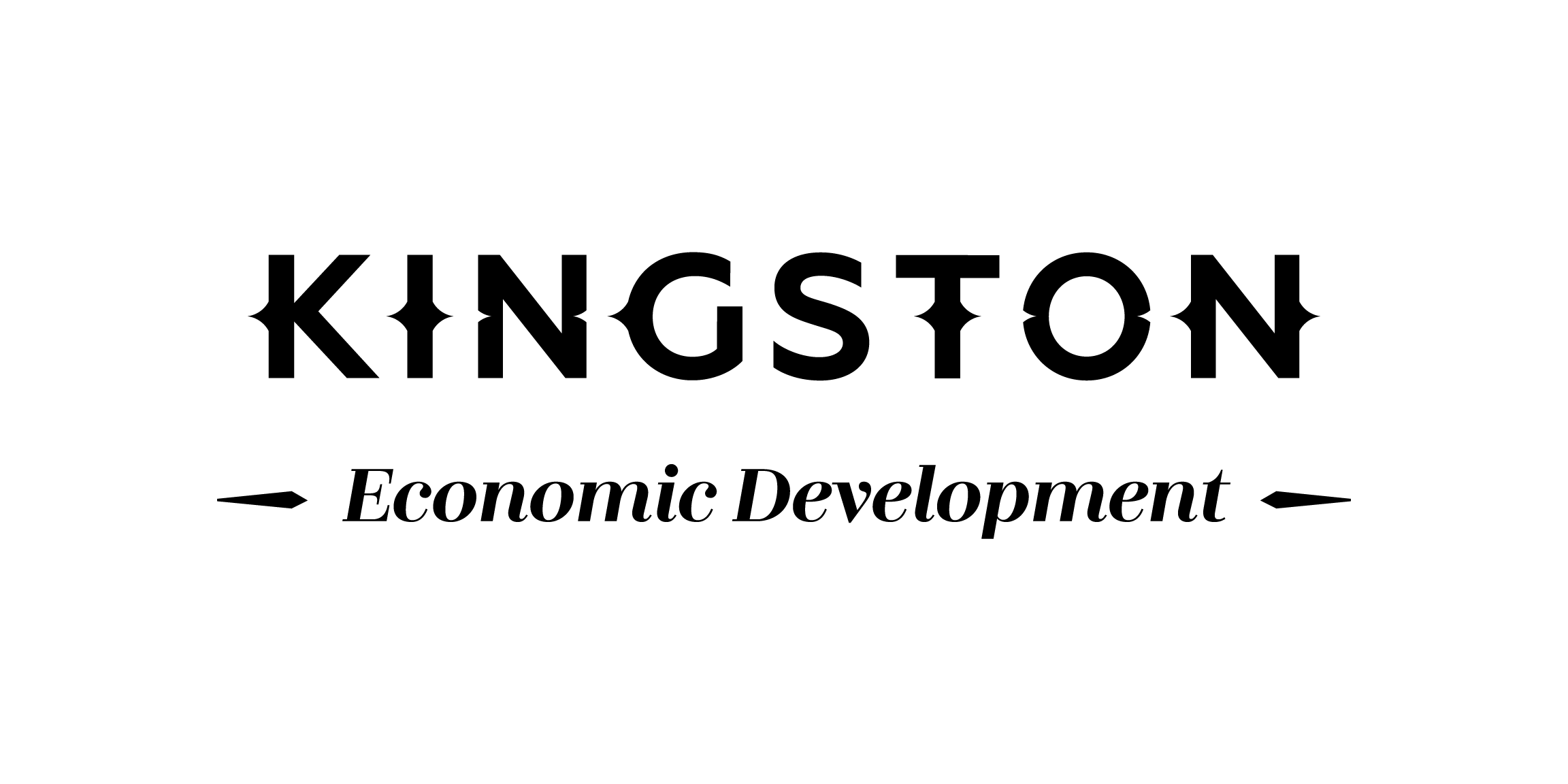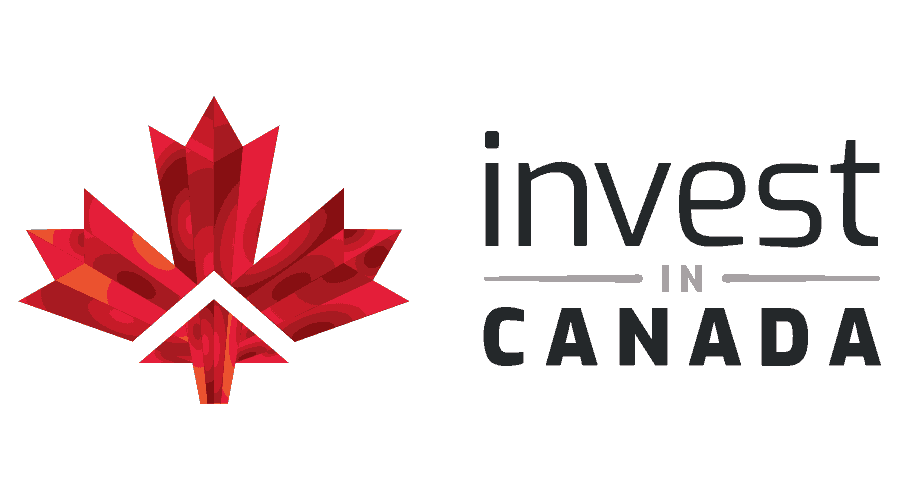
Kingston Economic Development’s exclusive business transition services, designed to empower entrepreneurs considering the transition of their business ownership through sale or succession.
We understand the challenges that can arise during the planning of your business transition and we’re here to help you tackle the most common, setting up a smooth and efficient transition for your business.
Through a consultation, we’ll help you navigate key aspects of business transition by addressing common concerns such as preparing your business for sale, determining its true value, creating an effective marketing strategy, and negotiating the sale. Ensuring you’re informed, prepared, and positioned for a successful outcome.
Selling a business can be a complex and daunting task, but with careful planning and execution, it can also be a rewarding endeavor. Whether you’re retiring, pursuing new opportunities, or simply looking to move on, understanding the process of selling a business is crucial.
Everything starts with a free and confidential consultation. Our experienced and multilingual team of business advisors is the key to accessing the resources, programs, services, and connections to help you through a successful business transition.
Succession Planning Roadmap
Before putting your business on the market, it’s important to make it as attractive as possible to potential buyers.
Engage professionals
Seek the assistance of a business broker, attorney or accountant who specializes in business sales. They can provide guidance, handle negotiations and ensure legal and financial aspects are appropriately addressed.
Financial documentation
Ensure your financial records are accurate, up-to-date, and well-organized. This includes balance sheets, profit and loss statements, tax returns and any other relevant financial documents.
Improve profitability
Enhance your business’ profitability by focusing on cost reduction, increasing revenue streams and streamlining operations. Buyers are more likely to pay a premium for a business with a strong bottom line.
Clean up your assets
Review your physical assets, inventory and equipment. Get rid of any unnecessary items and ensure everything is in good working condition.
Asset valuation
Evaluate the worth of your tangible and intangible assets, including inventory, equipment, intellectual property, customer base and goodwill.
Business Valuation
Determining the true value of your business is crucial for a successful transition. Discover how experts assess value, and what methods are right for your industry sector.
Legal and contractual obligations
Resolve any pending legal or contractual issues, including leases, permits, licenses and contracts. Ensure all necessary agreements are transferable to the new owner.
Comparable sales
Research recent sales of similar businesses in your industry to get a sense of their market value.
To attract potential buyers, you need an effective marketing strategy.
Identify your target audience
Determine the ideal buyer profile based on industry, experience, financial capabilities and synergistic opportunities. 80% of small businesses are sold to someone who already knows the business.
Develop marketing materials
Prepare a business prospectus or deck, and a confidentiality agreement to share with potential buyers.
Utilize multiple channels
Advertise your business on online platforms, industry-specific publications and engage the services of a business broker to expand your reach.
Maintain confidentiality
Protect your business’s sensitive information by requiring signed confidentiality agreements (NDAs) from potential buyers before sharing detailed information.
Negotiate the Sale
Once you have attracted potential buyers, it’s time to negotiate the sale. Our recommendation is that a business owner should not directly be a part of this process. Consider the following tips:
Establish realistic expectations
Be prepared to negotiate on price, terms and conditions. Remain flexible to find a mutually beneficial agreement.
Due diligence
Facilitate the due diligence process by providing all necessary documentation and access to key information about your business.
Structure the deal
Determine the structure of the sale, whether it’s an asset sale or a share sale and work with professionals to draft the purchase agreement and any other relevant legal documents.
Over the next decade 76% of small business owners in Ontario will consider selling their business, yet with only 9% having a formal succession plan most of these businesses will be liquidated. An strategic sucession plan may increase the value business owners get from their investment.

Rob Tamblyn
Business Development Manager, Small & Medium Enterprises
Rob is part of the Small Business team, with a focus on supporting established small and medium-sized enterprises. With over 25 years of project management experience, he brings deep knowledge of Kingston’s business and development communities.
Much of his career has been devoted to economic development and fostering a sense of connection, especially in the downtown core. Rob is always happy to connect with local business owners to offer insight and support. He believes Kingston is a thriving place for business and is committed to helping it continue to grow.
Resources
Free consultations
Our experienced and multilingual team of business advisors is the key to accessing the resources, programs, services, and connections to help you prepare for the transition of your business.
Ask the Expert
Depending of the stage of your transition journey, our business advisors may help you access the Ask the Expert program, small business owners can have access to experts in the fields of accounting and bookkeeping, legal, social media, human resources, accessibility support and business strategy.
Transition workshops
Prepare for a successful business transition with this series of essential workshops on exit strategies and valuation. The series will equip business owners with the knowledge needed to maximize value and navigate the complexities of selling or transitioning their business.
We host these workshops throughout the year. Visit our events page to register for the next available one.
Change of ownership resources
This webpage offers guidance on business succession and selling, including steps for transferring ownership, developing exit strategies, preparing successors, finding buyers, valuing a business, and avoiding transition pitfalls. The site offers best practices to plan ahead and maximize outcomes when changing business ownership.
Succession Tsunami
This CFIB analysis reveals that 76% of Canadian small‑business owners plan to exit within the next decade, putting over $2 trillion in business assets at stake, while only 9% have formal succession plans, creating major risks for economic and community stability.
Business Succession Through Employee Ownership
CommonShares helps retiring Canadian business owners smoothly exit by purchasing their enterprises at fair market value and transitioning them into employee‑owned companies. They provide succession leadership, training, and resources, rewarding employees with equity from day one and ensuring long-term stewardship, community continuity, and owner legacy.
Business Acquisition Company
Tiny provides founders with fast, transparent exits, typically delivering an offer in seven days, closing within 30 days, protecting team and culture, and keeping businesses operating long term, leveraging a simple, founder‑friendly process for assured, respectful transitions.







